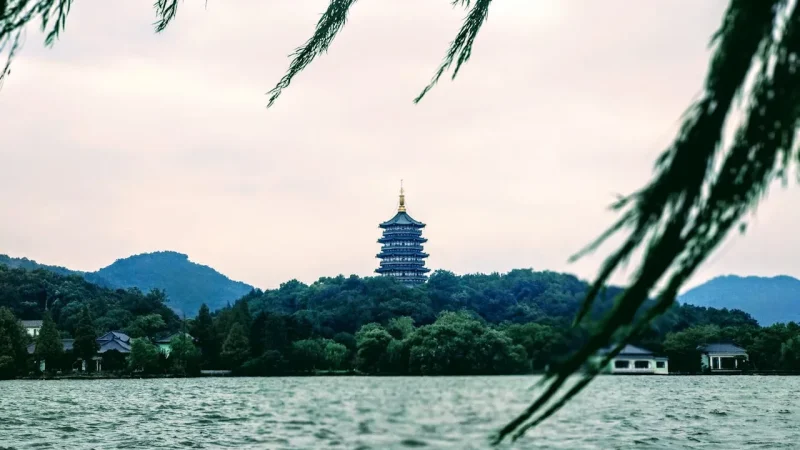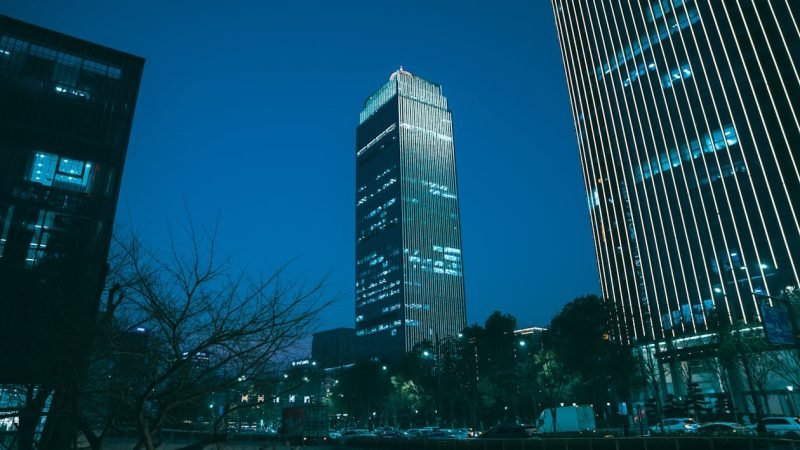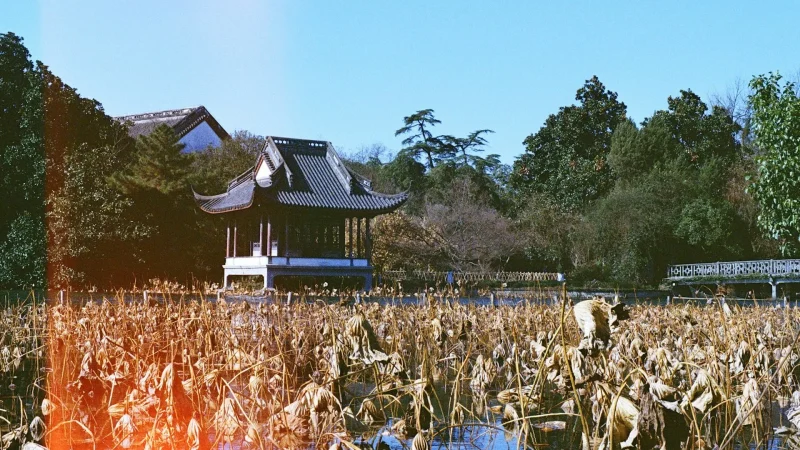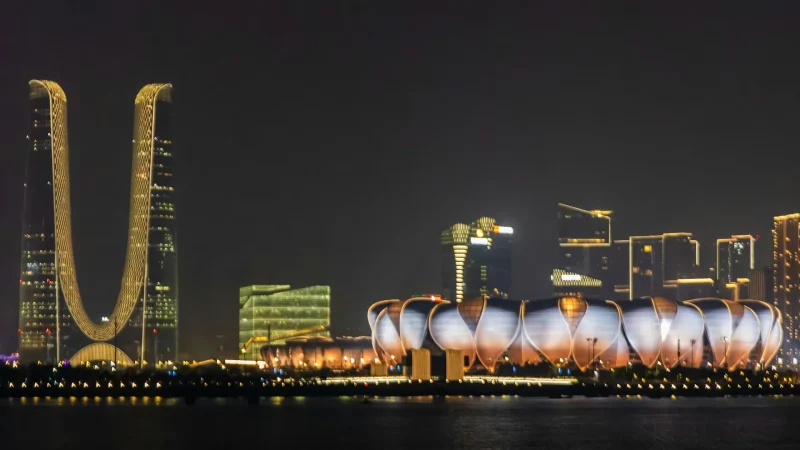Hangzhou








City introduction
Hangzhou is the capital of Zhejiang, China. Located in the northeastern part of the province, it sits at the head of Hangzhou Bay, which separates Shanghai and Ningbo.
As of 2022, the Hangzhou metropolitan area produced an estimated gross metropolitan product of 4 trillion yuan (US$590 billion), surpassing the economy of Sweden. According to the 2020 Chinese census, it had a population of 11,936,010, while its metropolitan area, with 13.035 million residents over an area of 8,107.9 km², includes all urban districts in Hangzhou and three urban districts of Shaoxing.
Hangzhou is the eighth largest GDP among mainland Chinese cities, around 1.8 trillion RMB ($280 billion). It hosts headquarters of global tech companies such as Alibaba Group, Ant Group, and NetEase, attracting professionals and entrepreneurs in information technology. As of August 2023, Hangzhou has the tenth-most Fortune Global 500 headquarters of any city worldwide and ranks fourth in China after Beijing, Shanghai, and Shenzhen. According to the 2020 Hurun Global Rich List, it ranks 11th globally and 6th in China for resident billionaires.
Hangzhou ranks 16th globally by scientific outputs and is home to notable universities, including Zhejiang University, Zhejiang University of Technology, Hangzhou Normal University, Hangzhou Dianzi University, Zhejiang A&F University, Zhejiang Sci-Tech University, Zhejiang Chinese Medical University, Westlake University, China Jiliang University, and Zhejiang University of Finance and Economics. Its West Lake, a UNESCO World Heritage Site, is a renowned attraction. In 2023, Hangzhou became the third Chinese city to host the Asian Games, following Beijing in 1990 and Guangzhou in 2010, and the second to host the Asian Para Games. Hangzhou also hosted the 11th G20 summit in 2016.
Since opening up in 1992, Hangzhou has developed rapidly, becoming a key industrial and logistics hub in coastal China with diverse sectors including light industry, agriculture, and textiles. The city is also a major center for e-commerce and technology. Hangzhou’s GDP grew significantly from RMB 156.8 billion in 2001 to RMB 1.3509 trillion in 2018, with GDP per capita rising from $3,020 to $21,184. As of 2019, the metropolitan area’s GDP was estimated at 3.2 trillion yuan ($486.53 billion), making it economically larger than countries like Argentina and Nigeria.
A PwC and China Development Research Foundation study ranked Hangzhou first among “Chinese Cities of Opportunity.” Classified as a “Beta+” World City, it was also rated first in the China Emerging City Rankings in 2021 and 2022 for growth potential. According to the Hurun Global Rich List 2020, Hangzhou ranks 11th globally and 6th in China for the number of billionaires. As of August 2023, it holds the fourth-most Fortune Global 500 headquarters in China, following Beijing, Shanghai, and Shenzhen.
City Economy
City industries
City climate
humid subtropical climate
Hangzhou’s climate is humid subtropical (Köppen Cfa) with four distinct seasons, characterised by long, very hot, humid summers and chilly, cloudy and drier winters, albeit with occasional snow. The mean annual temperature is 17.0 °C (62.6 °F), with monthly daily averages ranging from 5 °C (41.0 °F) in January to 29.3 °C (84.7 °F) in July. The city receives an average annual rainfall of 1,438 mm (56.6 in) and is affected by the plum rains of the Asian monsoon in June. In late summer (August to September), Hangzhou suffers typhoon storms, but typhoons seldom strike it directly. Generally they make landfall along the southern coast of Zhejiang, and affect the area with strong winds and stormy rains.